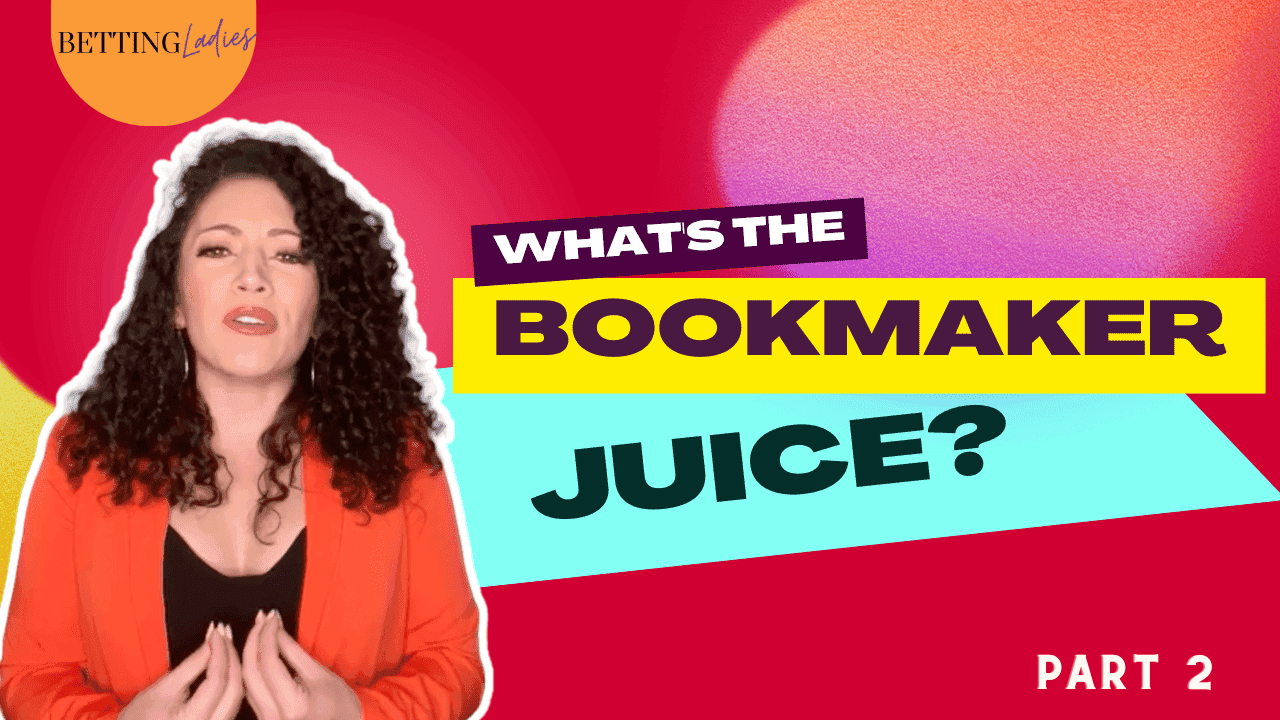
The vigorish or vig for short is a fundamental concept in sports betting and as a bettor, it's important you understand its connection to odds (and, subsequently to your betting results).
Understanding the vig
At the heart of sports betting lies the concept of "juice," also known as vigorish or vig. This is the commission that bookmakers take on every bet placed.
To visualize this, imagine it as a fee that bettors pay for the privilege of participating in the betting action. While it might go unnoticed by many, the vig is a critical component that ensures sportsbooks remain profitable.
Bookmakers attach the vig to the odds they provide, influencing the potential payouts for winning bets. The bookmaker's profit margin is part of the vig.
About odds, market makers and line creation
The odds offered by sportsbooks are not arbitrary figures but carefully calculated numbers influenced by market makers.
Before selling the bet, linemakers look at historical game and match statistics to craft accurate lines that reflect the probabilities of different outcomes.

Val C. Martinez
Founder of BettingLadies.com
The market makers work for the sportsbooks and it's their job to set odds by analyzing data and considering various factors, while at the same time aiming for a balance between risk and reward.
Strategies and tricks bookmakers use
Bookmakers want to keep their books balanced, and they do so by attracting bets on both sides of a wager. The odds are not static; they evolve based on the betting activity for each game. This dynamic adjustment allows bookies to mitigate risks and optimize their potential profits.
Bookmakers are strategic players that try to secure a profit. Understanding the concept of Expected Value (EV) is one trick that savvy bettors can use to gain an edge over the bookie.
- Expected value (EV): Recognizing the EV of a bet involves assessing the potential value and risk, allowing bettors to make calculated decisions.
- By incorporating EV into you analysis you can make more informed choices, turning the tables on the bookmaker.

Val C. Martinez
Founder of BettingLadies.com

Danielle Kamela
Sports Betting Expert



